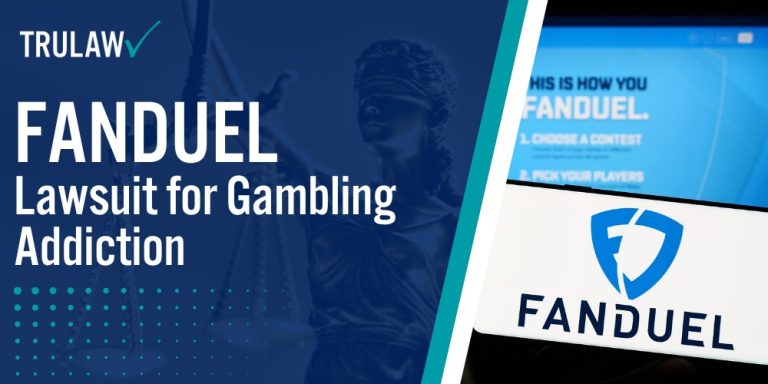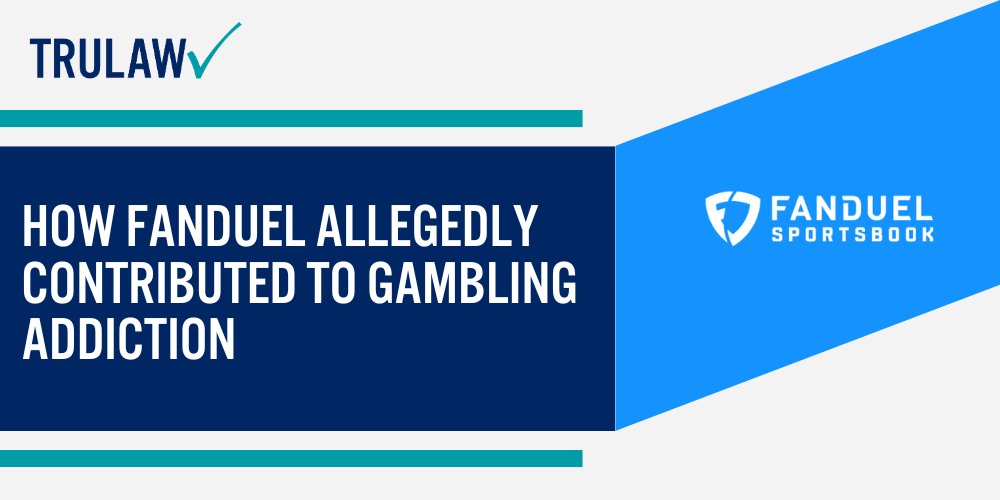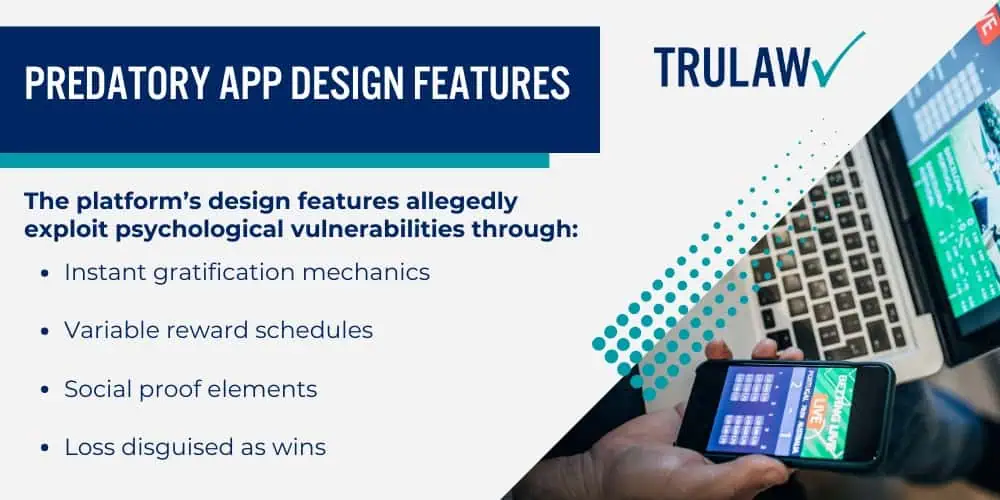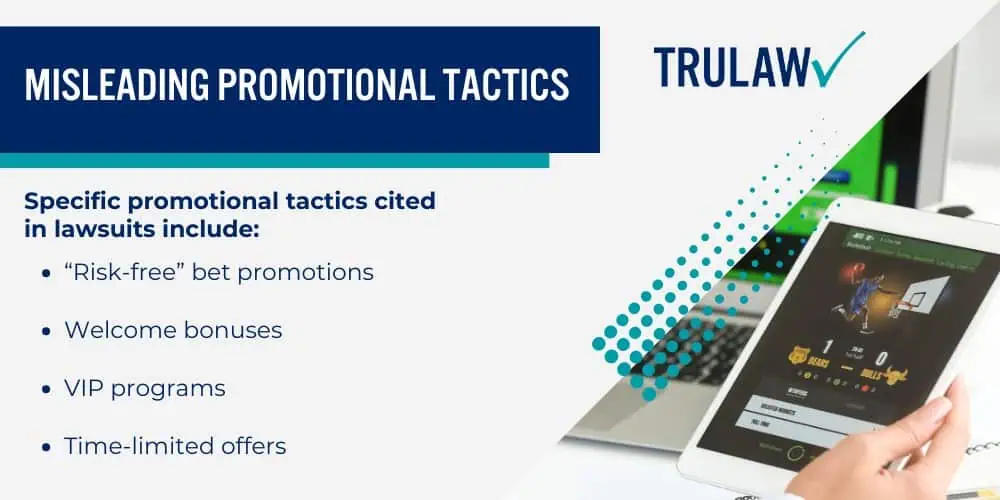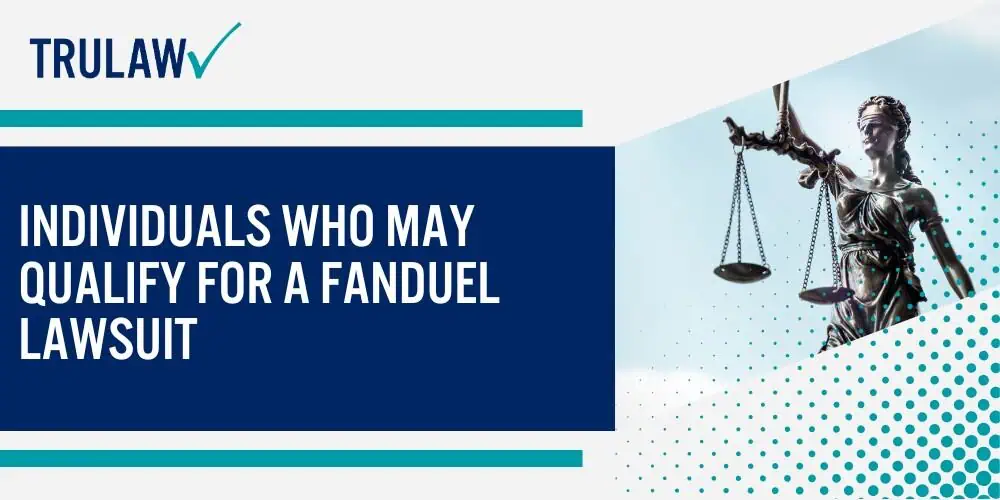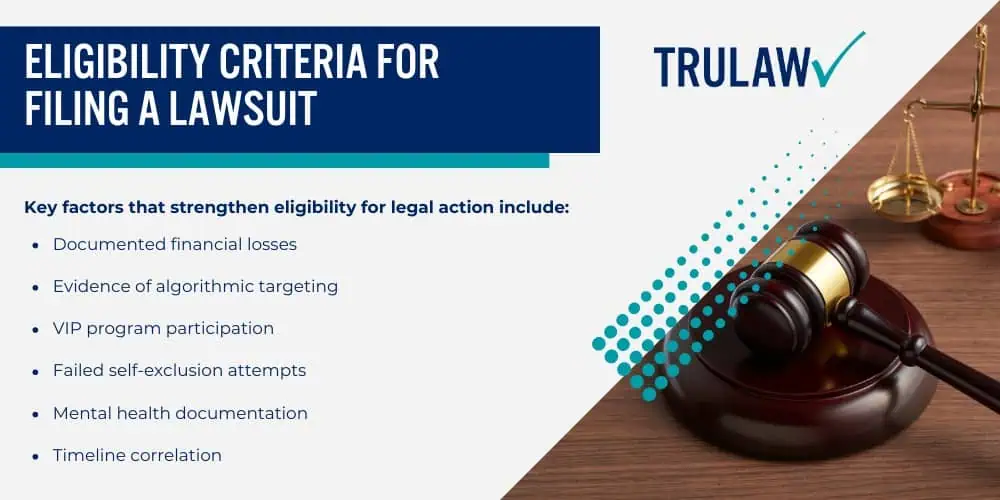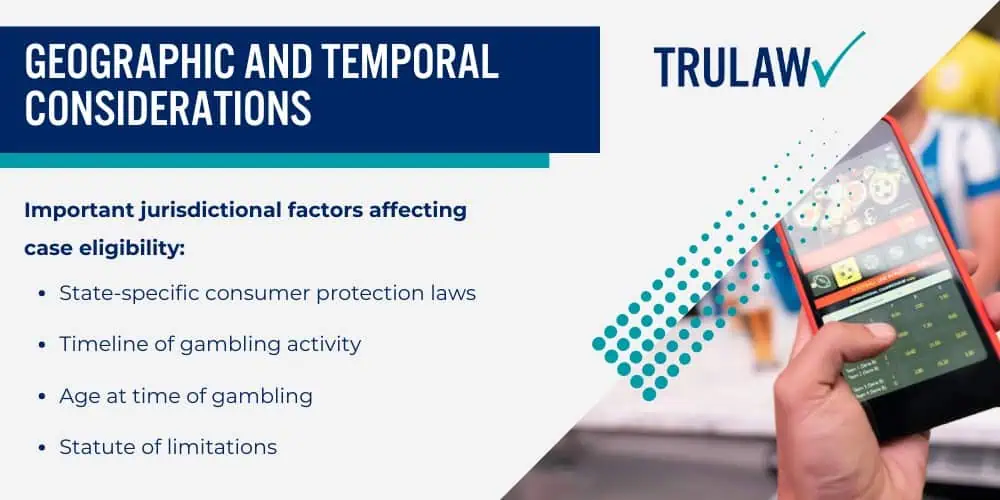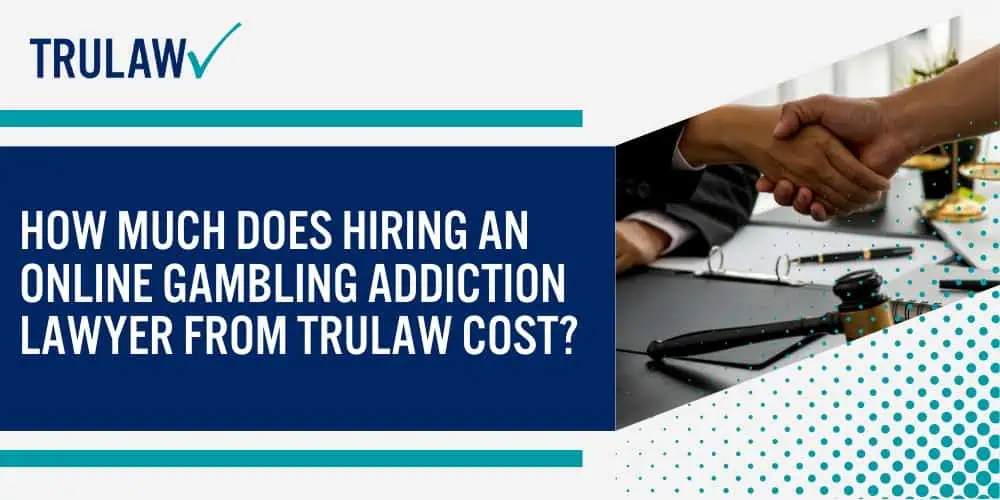FanDuel gambling addiction lawsuits represent a growing wave of legal action against one of America’s largest sports betting platforms, with plaintiffs alleging the company deliberately designed its app and marketing strategies to exploit vulnerable users.
Since online sportsbooks expanded nationwide following the 2018 Supreme Court decision in Murphy v. NCAA, lawsuits have emerged from multiple jurisdictions claiming sports betting companies prioritized profits over user safety by implementing predatory features that encourage compulsive gambling.
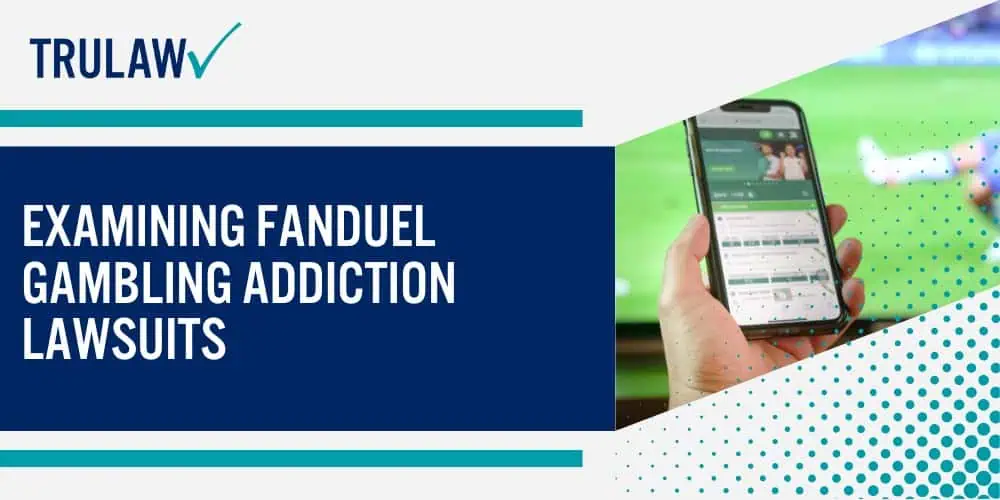
These cases allege that FanDuel violated consumer protection laws by failing to implement adequate safeguards despite collecting extensive user data that revealed clear signs of addiction among its customer base.
Key Allegations Against FanDuel
The lawsuits against FanDuel center on several interconnected claims about how the platform allegedly fosters gambling addiction rather than aid problem gamblers.
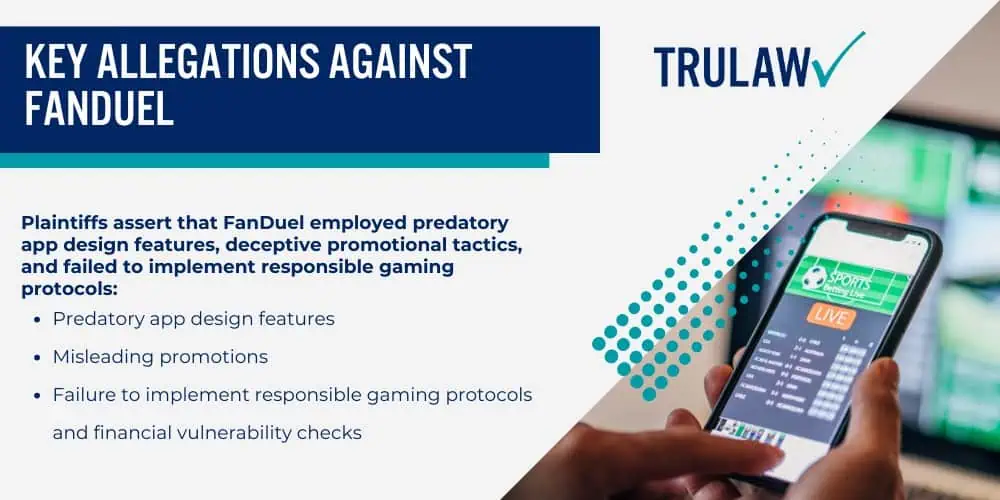
Plaintiffs assert that FanDuel employed predatory app design features, deceptive promotional tactics, and failed to implement responsible gaming protocols:
- Predatory app design features include instant betting capabilities that allow users to place wagers within seconds, gamified rewards systems that create psychological dependence similar to casino slot machines, and targeted push notifications timed to reach users during moments of vulnerability
- Misleading promotions such as “risk-free” bets that actually require users to place real-money wagers with losses returned only as non-withdrawable bonus credits, and VIP programs that assign personal hosts to keep problem gamblers betting by contacting them up to 100 times per day to encourage them to continue
- Failure to implement responsible gaming protocols and financial vulnerability checks despite FanDuel’s algorithms detecting clear addiction patterns including “loss chasing” behavior, excessive deposit frequency, and late-night gambling sessions that indicate compulsive use
According to the Baltimore City lawsuit filed in April 2025, FanDuel and its parent company Flutter Entertainment collected massive amounts of user data specifically to identify individuals showing signs of gambling addiction.
Then, they would leverage data and analytics to deliberately target these vulnerable users with personalized promotions designed to increase their losses.
The complaint notes that FanDuel users in Baltimore placed more than $278.5 million in bets on the platform in January 2025 alone.
The Amit Patel case provides a striking example of FanDuel’s alleged practices.
Patel, a former Jacksonville Jaguars employee, claims the company owned by Flutter Entertainment gave him over $1.1 million in gambling credits despite clear signs he was depositing stolen money as frequently as 10 times per day at $25,000 per transaction.
His lawsuit alleges FanDuel assigned him a personal VIP host who contacted him up to 100 times daily, even calling to ask why he hadn’t placed bets yet on days when he’d taken a break from gambling.
If you or a loved one developed gambling addiction after using FanDuel’s platform and experienced financial losses due to predatory app design features or deceptive promotions, you may be eligible to seek compensation.
Contact TruLaw using the chat on this page to receive an instant case evaluation and determine whether you qualify to join others in filing an Online Gambling Addiction Lawsuit today.
Recent Legal Developments in FanDuel Online Sports Betting Litigation
The legal landscape surrounding FanDuel has evolved rapidly throughout 2025, with multiple jurisdictions in early stages of pursuing claims against the sports betting giant.
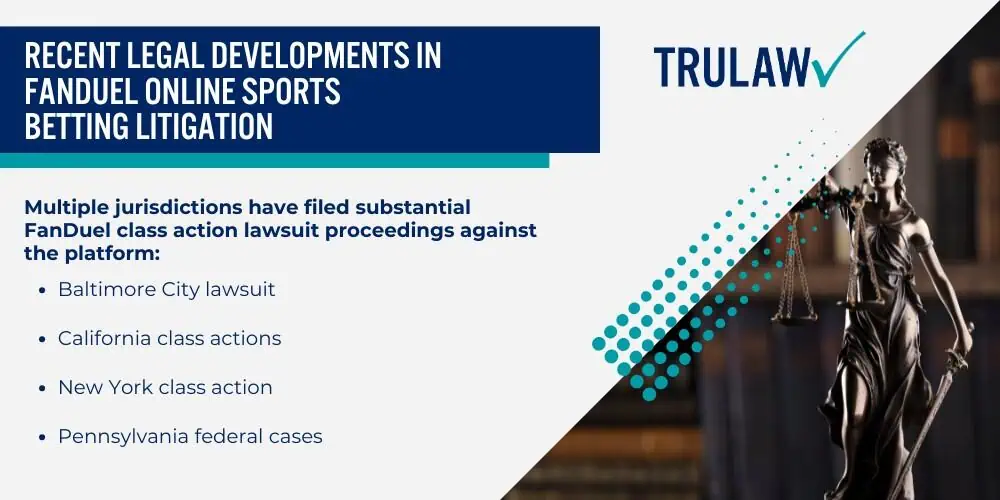
Multiple jurisdictions have filed substantial FanDuel class action lawsuit proceedings against the platform:
- Baltimore City lawsuit filed April 2025 in state court (later removed to federal court in May 2025) alleges FanDuel violated Maryland’s Consumer Protection Ordinance by using personalized algorithms and deceptive practices to cultivate gambling addictions among residents, with the city seeking statutory penalties of $1,000 for each violation
- California class actions filed in January 2025 in the U.S. District Court for the Central District of California allege FanDuel violated state consumer protection laws through deceptive marketing and failure to warn about addiction risks, with pending litigation currently consolidated for pretrial proceedings
- New York class action filed December 2024 in the U.S. District Court for the Eastern District of New York alleges FanDuel’s “bonus play” promotions violate consumer protection laws by misleading users about withdrawal restrictions and wagering requirements
- Pennsylvania federal cases filed throughout 2024 focus on FanDuel’s alleged use of “dark pattern” designs that exploit cognitive biases to encourage compulsive gambling behavior
The April 2025 case marked a significant development in litigation against online gambling platforms, with Baltimore Mayor Brandon Scott supporting the city’s legal action.
These class action lawsuits challenge FanDuel’s marketing tactics and user agreements containing arbitration clauses across multiple states.
Federal court proceedings involve multiple stakeholders including the gaming control commission and oversight bodies.
The Baltimore lawsuit specifically details how this data exploitation targeting most vulnerable residents for profit forms the basis of legal claims.

